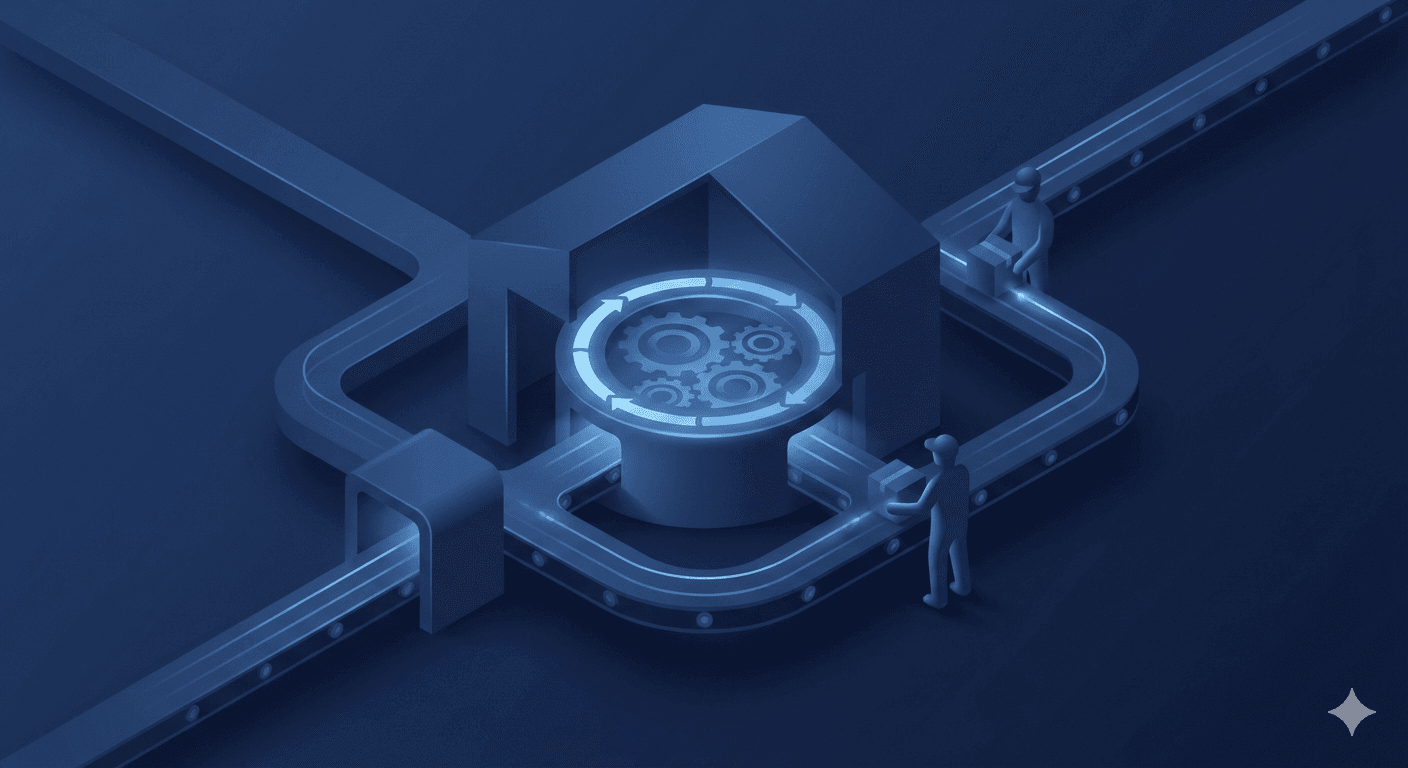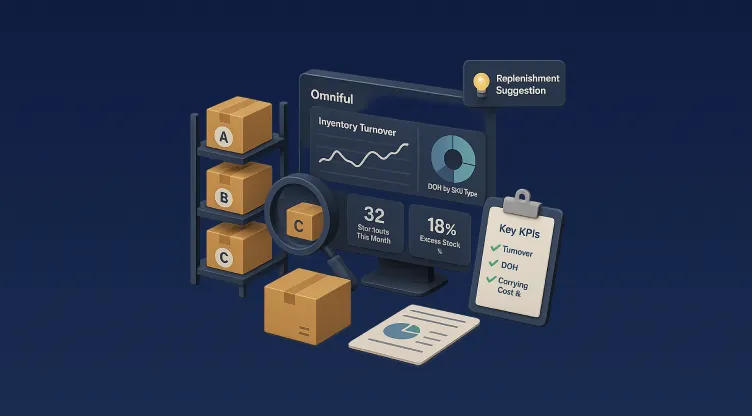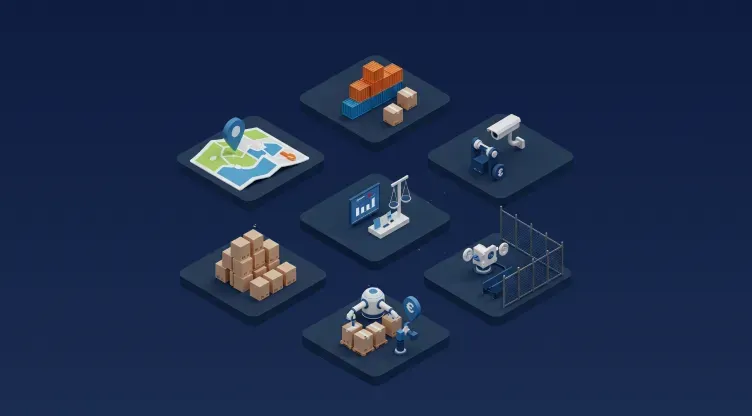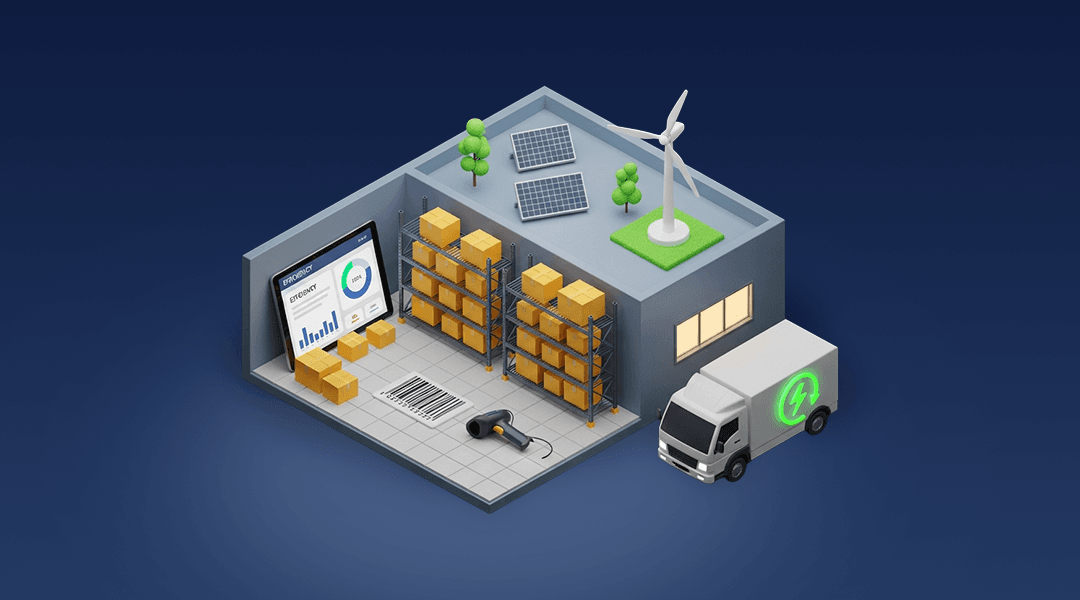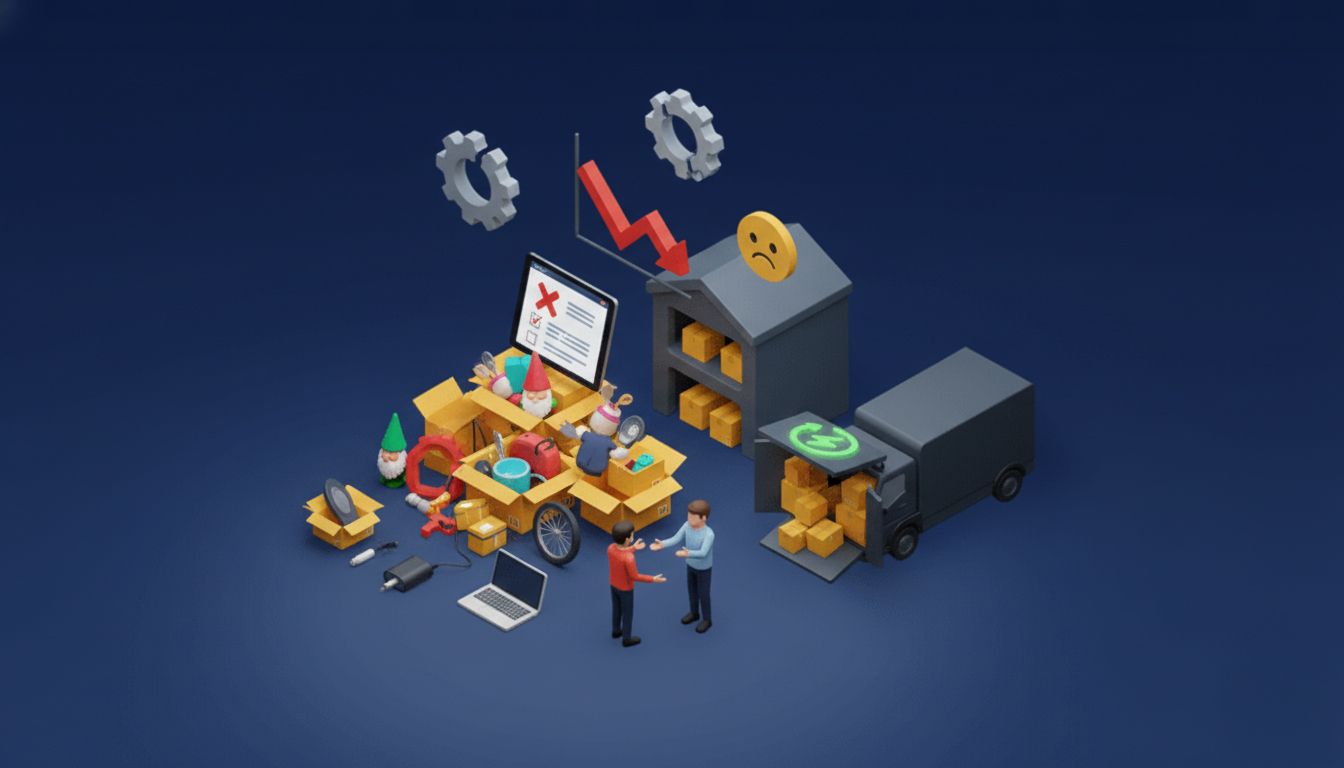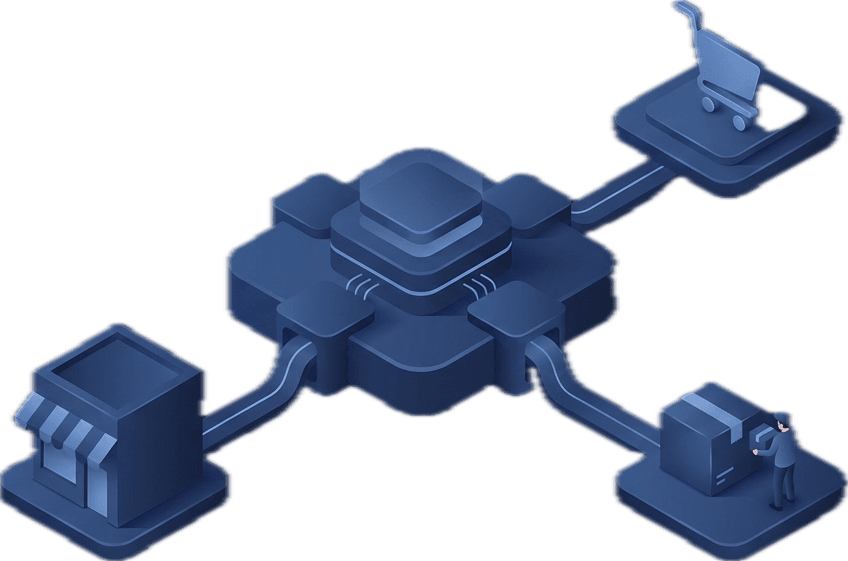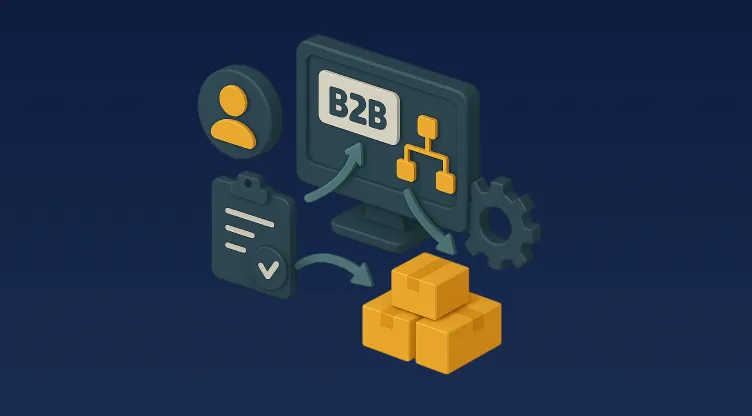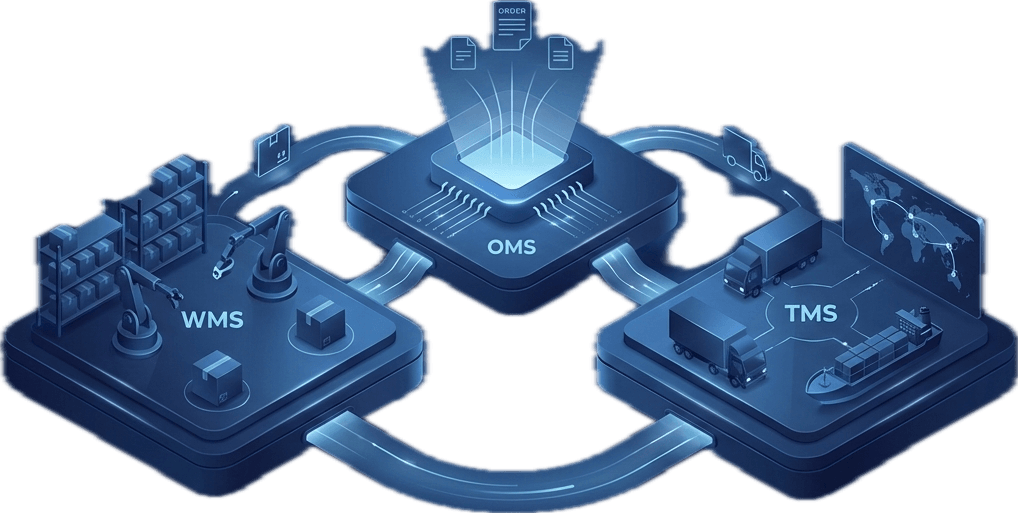How Transportation Management Systems Drive Carrier Success and Route Expansion in MENA

İçindekiler
Quick Dispatch: What You Need to Know
- TMS software builds smarter logistics partnerships across MENA.
- Streamlined contracts and negotiated rates reduce shipping costs.
- Real-time route planning enhances delivery speed and fleet productivity.
- Reverse logistics processes improve return handling and customer satisfaction.
- Integrated tools drive logistics innovation across Saudi Arabia, UAE, and GCC.
Why Carrier Strategy Is Now a Boardroom Priority
Logistics is no longer an operational back-office concern. It is now central to how companies deliver promises to their customers — literally and figuratively.
Across the MENA region, from the busy streets of Riyadh to the urban sprawl of Dubai, retailers and fulfilment providers face one core challenge: how to move products quickly, reliably, and cost-effectively.
Transportation Management Systems (TMS) are solving this challenge by becoming the operational core of modern logistics. Far from being just delivery schedulers, these systems are now helping businesses build carrier relationships, negotiate rates, and expand coverage with precision.
What Is a Transportation Management System?
A Transportation Management System (TMS) is a digital solution designed to manage the planning, execution, and optimisation of physical movements of goods.
Modern TMS platforms like Omniful TMS do more than plan routes. They integrate real-time data, automate repetitive tasks, and connect logistics teams with carriers and customers.
Key benefits include:
- Route accuracy through intelligent optimisation.
- Consolidation of contracts and pricing.
- Real-time visibility of shipments and vehicles.
- Return-to-origin and reverse logistics handling.
- Collaboration with internal and external fleets.
The Role of TMS in Developing Reliable Carrier Partnerships
Carrier relationships can make or break your delivery promise. Poor communication, service lapses, or misaligned rates can all disrupt the customer experience.
TMS software simplifies this relationship by offering a shared platform where businesses and carriers can interact, align on expectations, and measure results.
Carrier Enablement Features:
- Digital Onboarding
- Performance Tracking
- Eligibility Settings
- Integrated AWB Management
When you manage dozens of carrier partners, as is common in Saudi Arabia and Egypt, having one system to centralise these operations is no longer optional — it’s essential.
Contracts and Rate Management: Beyond Manual Negotiation
Traditional logistics relies heavily on emailed spreadsheets and outdated rate cards. This not only slows decisions but often results in lost savings and inconsistent service levels.
TMS platforms centralise all contracts and allow real-time adjustments when volume thresholds are met or delivery zones shift.
Smart Rate Management Capabilities:
- Upload and Compare Rates
- Contract Validity Controls
- Tiered Pricing Models
- Historical Cost Analysis
In a region like MENA, where fuel costs fluctuate and delivery density varies, the ability to adjust rates dynamically gives businesses a competitive edge.
Expanding Routes with Data-Driven Confidence
Expanding delivery coverage requires more than hiring more drivers or buying vehicles. It demands precise planning backed by accurate data.
This is particularly true in cities with complex geographies or in emerging markets with limited infrastructure. A TMS makes expansion scalable and sustainable.
Route Planning Innovations:
- Geofencing
- Trip Batching
- Live Traffic Updates
- Fleet Capacity Management
By combining this data, logistics teams can confidently enter new markets — be it an unserved neighbourhood in Jeddah or a border-crossing corridor into Oman.
Reverse Logistics: Managing Returns Without Chaos
Returns are no longer an exception. In e-commerce-heavy industries, they form a significant portion of operations. Managing this efficiently can protect revenue and maintain customer loyalty.
Omniful’s Returns Management system works seamlessly with its TMS to handle reverse flows.
Integrated Reverse Workflows:
- Return to Origin (RTO)
- Customer Returns at Doorstep
- BORIS (Buy Online, Return in Store)
- Inspection and Grading
Without these processes in place, returned items can sit in limbo — tying up inventory and disappointing customers.
How Omniful TMS Meets MENA’s Unique Logistics Needs
Omniful's TMS has been designed with the nuances of MENA logistics in mind — from local delivery in Riyadh to cross-border fulfilment into Bahrain or Kuwait.
Why MENA Businesses Choose Omniful:
- Arabic and English support
- Localised integrations with top providers
- Support for last-mile, middle-mile, and cross-border logistics
- Modular capabilities across industries
- Fleet flexibility for internal and outsourced vehicles
Case Study: Laverne, a D2C fragrance brand in Saudi Arabia, cut delivery times from 4 days to just 2 hours in Riyadh by shifting to in-house fulfilment powered by Omniful TMS.
Fully Connected: Integrations That Power the Full Chain
A TMS is most powerful when it sits in a connected ecosystem. Omniful delivers seamless plug-and-play integrations.
Explore key systems that amplify TMS value:
- Order Management System
- Warehouse Management System
- Inventory Management
- Point of Sale
- Shipping Gateway
These integrations ensure your logistics operation acts as one intelligent unit, not disconnected silos.
The Future of Logistics in MENA Is Platform-Driven
Carrier partnerships, route innovation, and reverse flows are no longer standalone projects. They’re elements of a unified logistics strategy.
And that strategy must be built on real-time data, scalable tech, and regional intelligence.
TMS systems like Omniful are helping MENA businesses achieve:
- Greater control over delivery performance.
- Faster expansion into new markets.
- Leaner logistics budgets with smarter spending.
- Higher customer satisfaction through faster, accurate deliveries.
FAQs: What You May Still Be Wondering
Can a TMS help if I already use third-party carriers?
Yes. Omniful supports external carriers and allows you to import their rate cards and track performance in one place.
Is reverse logistics part of the TMS or separate?
It’s integrated. Returns, failed deliveries, and RTO processes are managed within the same interface.
Does route optimisation work in remote or rural areas?
Yes. Omniful’s TMS includes delivery zone mapping, geofencing, and real-time rerouting even in low-density areas.
Can I use Omniful with my existing WMS or ERP?
Yes. Omniful offers plug-and-play integration options or can integrate via API for more complex systems.

